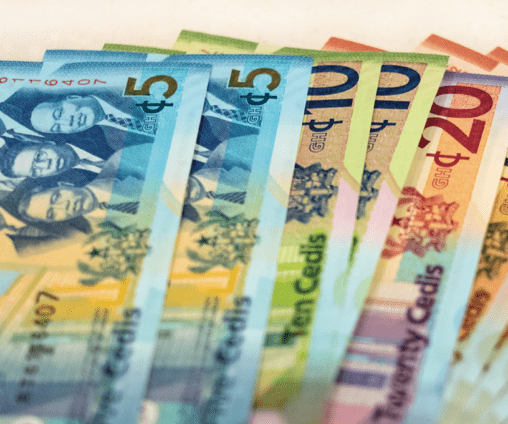Cedi depreciation to continue; depreciates 24.5% to dollar since January 1, 2024
The recent depreciation of the Ghana cedi against the major foreign currencies is expected to continue due to subdued foreign exchange liquidity.
Last week, the local currency depreciated across the major trading currencies as foreign exchange liquidity remained subdued.
Additionally, Ghana Cocoa Boards’s intention to abandon its annual cocoa syndication loan revived market uncertainties surrounding the cedi’s near-term stability.
Analyst also believe the recent coupon payments on Eurobonds by the government may have influenced Ghana cedi-funded foreign exchange demand last week, contributing to the cedi’s depreciation.
Last week, the local unit lost 0.31% against the dollar, 1.82% vs the pound and 3.76% to the euro on the retail market. It sold at GH¢16.28 to a dollar on August 26, 2024, taking its year-to-date loss to 24.57%.
Meanwhile, Ghana is expected commence a 10-day Eurobond debt exchange this week in a bid to conclude the $13 billion Eurobond debt rework.
According to Bloomberg, the exchange will see investors swap their existing bonds for two new optional bonds, that’s the DISCO and PAR.
The DISCO option will offer investors up to 37% haircut with two new bonds maturing in July 2029 and 2035 at an interest rate of 5%. The PAR option on the other hand will also offer investors interest rates of 1.5% on new bonds maturing in Jan 2037 without any haircut.
Analysts expect market uncertainties to improve after a successful exchange, which could reduce the strain on the cedi.



